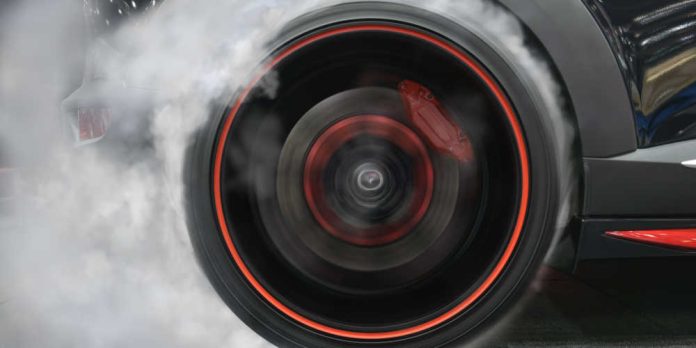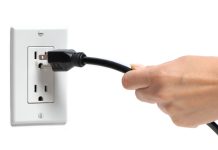While it was groundbreaking to be discussing the idea of sports betting in the Texas legislature, the standard culprits were in attendance offering the standard arguments for and against legalizing sports betting in the state.
Wednesday’s hearing in the Texas House State Affairs Committee covered both HB1942 and HJR102. The joint pieces of legislation would take the issue to the voters to create a constitutional amendment, then set up an infrastructure of market access through the sports teams to offer online-only sports betting in the state.
The testimony helped inform the lawmakers about the measures, but both bills are still pending with the committee, which has yet to vote on them.
Bills would legalize online sports betting via constitutional amendment
When introducing the bill, sponsor Rep. Jeff Leach made the same argument being made in many states trying to legalize sports betting this year.
“It’s being done in the shadows, with bookies and offshore accounts with no regulation, no protections provided for privacy or data, no monitoring, and certainly no recourse or for anyone to be held accountable if something goes awry,” he said. “Our data shows nearly $7 billion in sports wagers. They’re doing so illegally and they’re doing so criminally under current state law criminals in Texas, but with this bill, and the HJR that we’ll get to later, this bill in front of you today House Bill 1942. We have the opportunity, this legislature, this session has the opportunity to implement smart, safe, and efficient oversight over the sports betting industry and sports wagering activities in the state of Texas.”
The industry-friendly bill would charge $500,000 for a license and tax 10% on adjusted gross revenue, opening the door for operators to deduct promotional credit. The committee inquired about what AGR specifically entailed and why Leach opted for that instead of GGR. Leach responded that it is an industry term and a gaming attorney that helped with the legislation chose that particular language.
Operators, Texas pro sports team show up to support
Supporters of the bill included the Sports Betting Alliance, which represents the major online operators like FanDuel and BetMGM. Several representatives from a range of pro teams in the state also appeared in favor of the bill, noting the additional revenue would help make these teams more competitive within their respective leagues.
San Antonio Spurs General Counsel Bobby Perez noted that 16 other NBA teams are already benefiting from a sports betting structure similar to the one being proposed by Leach.
“From the pro team operator standpoint, we compete for talent every day, not only talent on the basketball court, or on the soccer pitch, or on the second division basketball court, which we also have that team. We compete for talent in the front office, on the management side, and from finance to sales teams. We think that this would give us that opportunity to be more competitive, to generate that opportunity to attract more talent back to Texas,” he added.
Kickapoo tribe wants revised language to be compliant with IGRA
Several family values groups testified in opposition, which has come to be par for the course of these endeavors. One intriguing opponent to the legislation was the Kickapoo Traditional Tribe of Texas. Lobbyist Jennifer Hughes appeared on behalf of the tribe and noted that, while the tribe opposed the current language of the bill, they are not fundamentally opposed to the idea of sports betting in the state.
“The tribe respectfully opposes HB1942. HB1942, as we know, authorizes sports teams sports organizations, Class One racetracks, and their designees a whole host of people to offer sports wagering and fantasy sports contests and interactive sports wagering. HB1942, however, excludes the tribe from offering such games because the bills do not include the necessary language that we need under the Indian Gaming Regulatory Act to offer such gaming, we have a right to do it,” she testified.
The committee asked if this could be resolved easily by revising the language and Hughes acknowledged the tribe has had conversations with Leach and are working towards a solution.
While the hearing was a step forward for the progress of sports betting in Texas, the chances the measure passes this year remain long. Last week, Texas Lt. Gov. Dan Patrick told local news outlet ABC25 that there was not support for the bill in the Senate.














